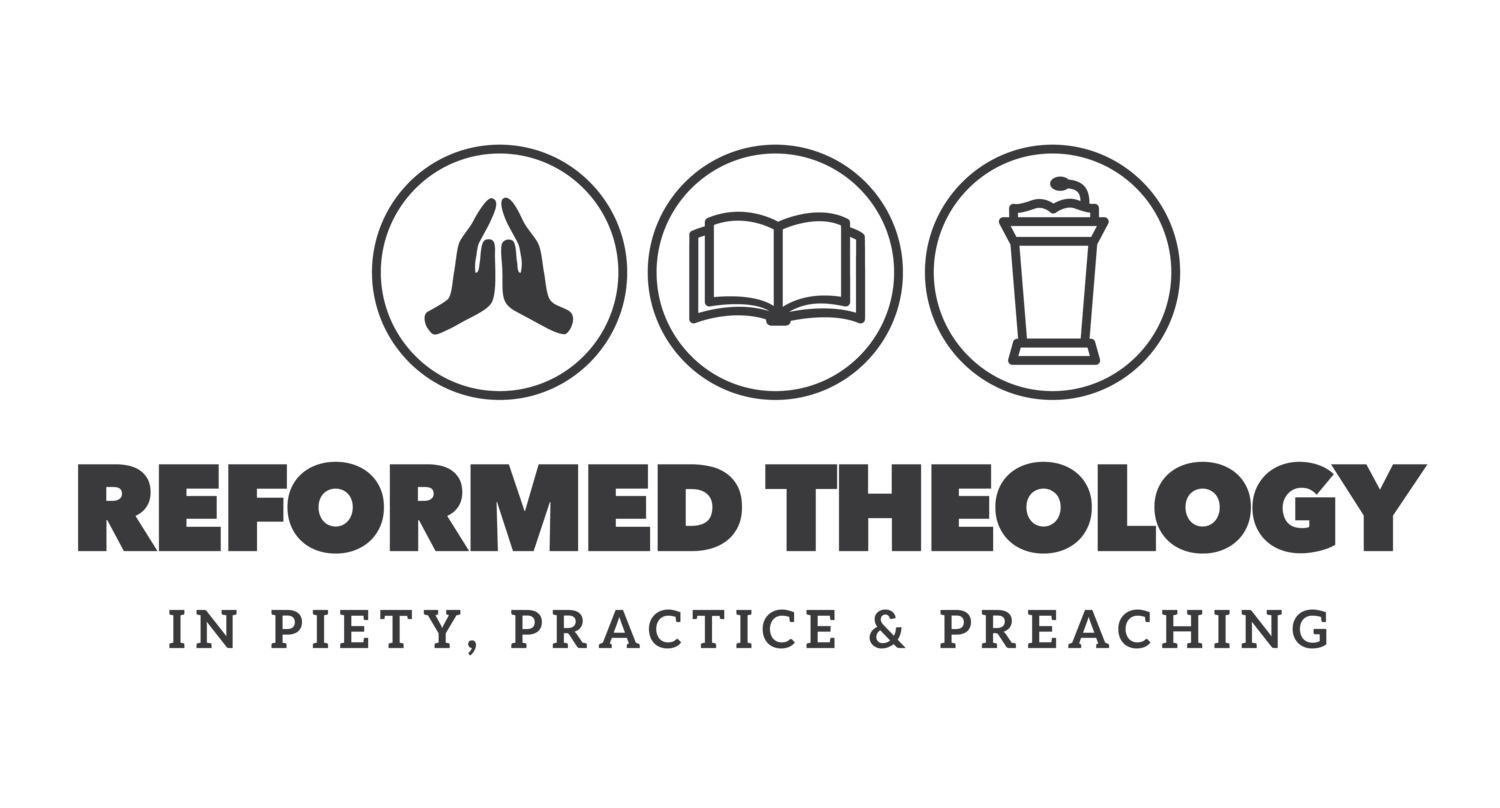Over the years I have watched numerous churches form search committees and seek to fill empty pulpits. The process can often be a long and drawn out one that can take up to two years or more. Hiring the church’s next pastor can be a crucial hurdle in the life of a congregation, one that can either spell the church’s continued ministry or its demise. This is one of the reasons why churches take their time to deliberate and find the right man for the job. For the ministerial candidate, on the other hand, the process can be excruciatingly long. A pastoral search committee can seemingly move at glacial speed as the months tick by on the calendar. So after a church’s pulpit search committee finally invites you out for an interview, has you preach, and they then call a congregational meeting to vote on your candidacy, it can seem like it’s all over and the call is in the bag.
Not so fast. It may seem counterintuitive, but there are times when you shouldn’t accept a call even if a church issues you one. When should you decline a call? Ultimately answering such a question calls for wisdom, as this is a circumstance that is not black and white. Nevertheless, here are two observations.
First, when a congregation issues a call, you should inquire into the percentage in favor of calling you. Some might think, “Why ask about this? A call is a call regardless of how many people are in favor of calling you, right?” Accepting a call isn’t like winning a baseball or football game. Yes, a win is a win no matter how ugly it might be, but a win becomes a thing of the past whereas a call is a future relationship that will either foster harmony in the service of Christ and his gospel or fester with animosity and hinder your ministry. Case in point, if 75% of the congregation voted in favor or your call, that means that for every four people in the church, one is opposed to your presence before you even set foot in the church building. In a congregation of 200, that means that 50 people don’t want you there. In the face of such a vote, you might not want to pursue the call. Generally speaking, I have heard other colleagues, wiser and older than me, say that a minister shouldn’t accept a call unless at least 90% of the church voted for you. You will never please everyone all the time, and you will always have critics, but seriously consider how strong the vote is when you weigh taking a call.
Second, churches are like people—they all have personalities. And the fit between a pastor and his church is like a marriage relationship. When you’re looking for a spouse you want to ensure you have a good personality fit. Yes, a person can love Christ, have a great character, and a terrific personality, but the two of you might not “click.” A church can bear all of the proper biblical marks (right preaching of the word, administration of the sacraments, and discipline) but its personality can be an issue. Case in point, if you go into a church interview and observe that you like the church but that you want to change many things that you see, then seriously consider whether you should take the call. I’m not talking about reforming a church—taking a call knowing from the outset that you’ll have a fight on your hands because you’re striving to displace bad theology and worship. Rather, I’m talking about peripheral practices in a church: the choir, service times, programs, discipleship groups, music style, etc. If you go into a church thinking that you’re going to ideologically and practically remodel the whole thing, then maybe you shouldn’t take the call. Ask yourself whether you and the church have a good fit.
There are times when you shouldn’t take the call. Just because a church calls you doesn’t mean you should take it.
